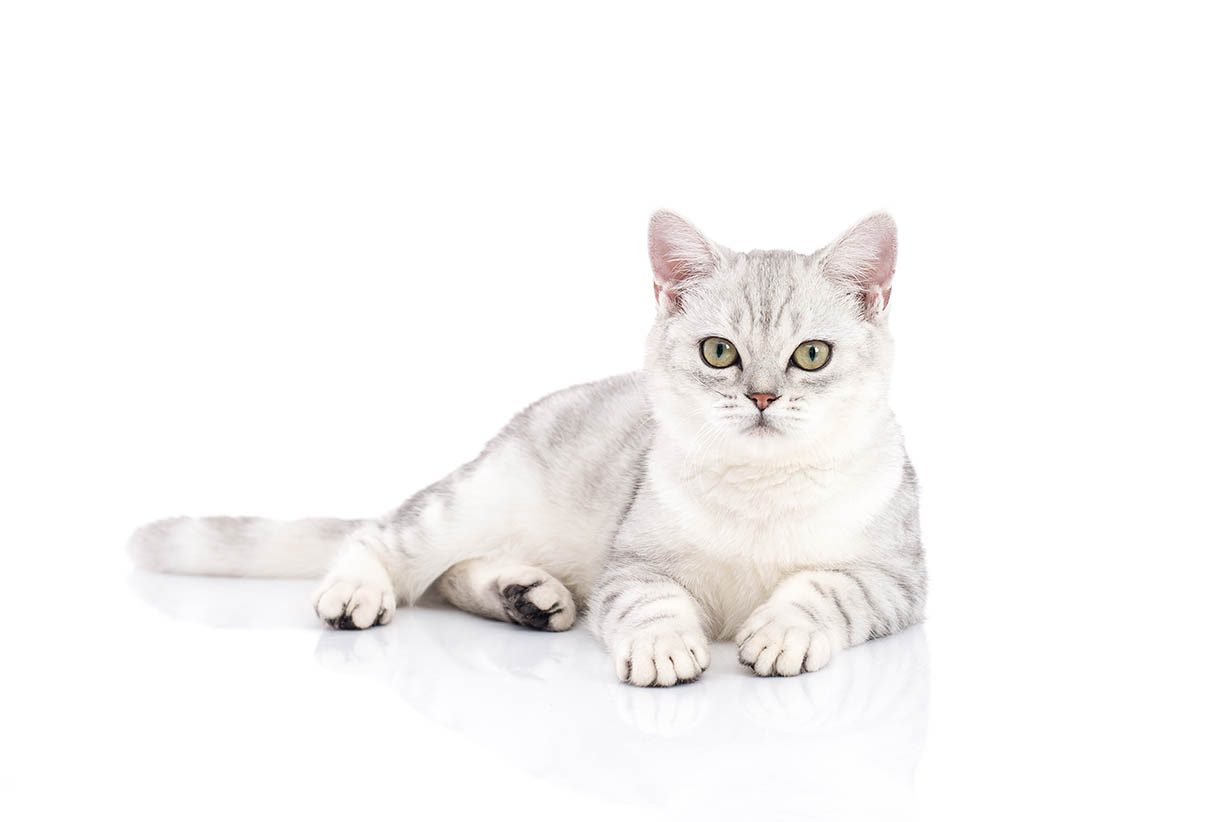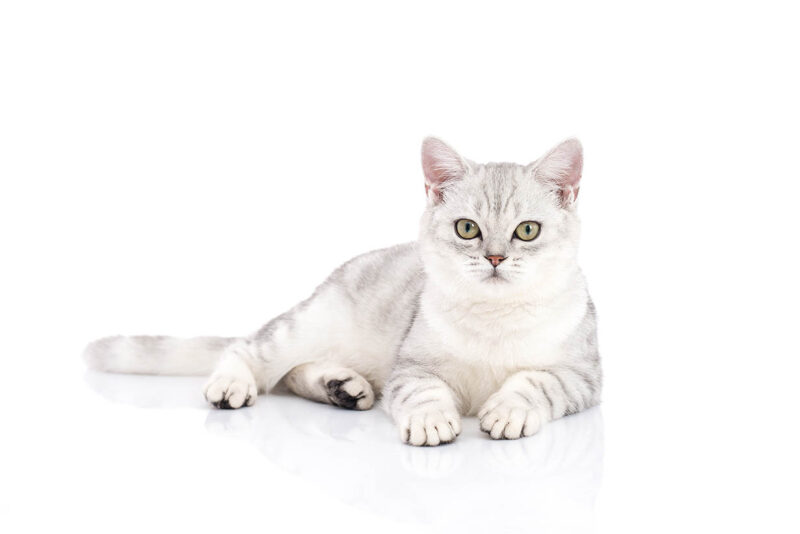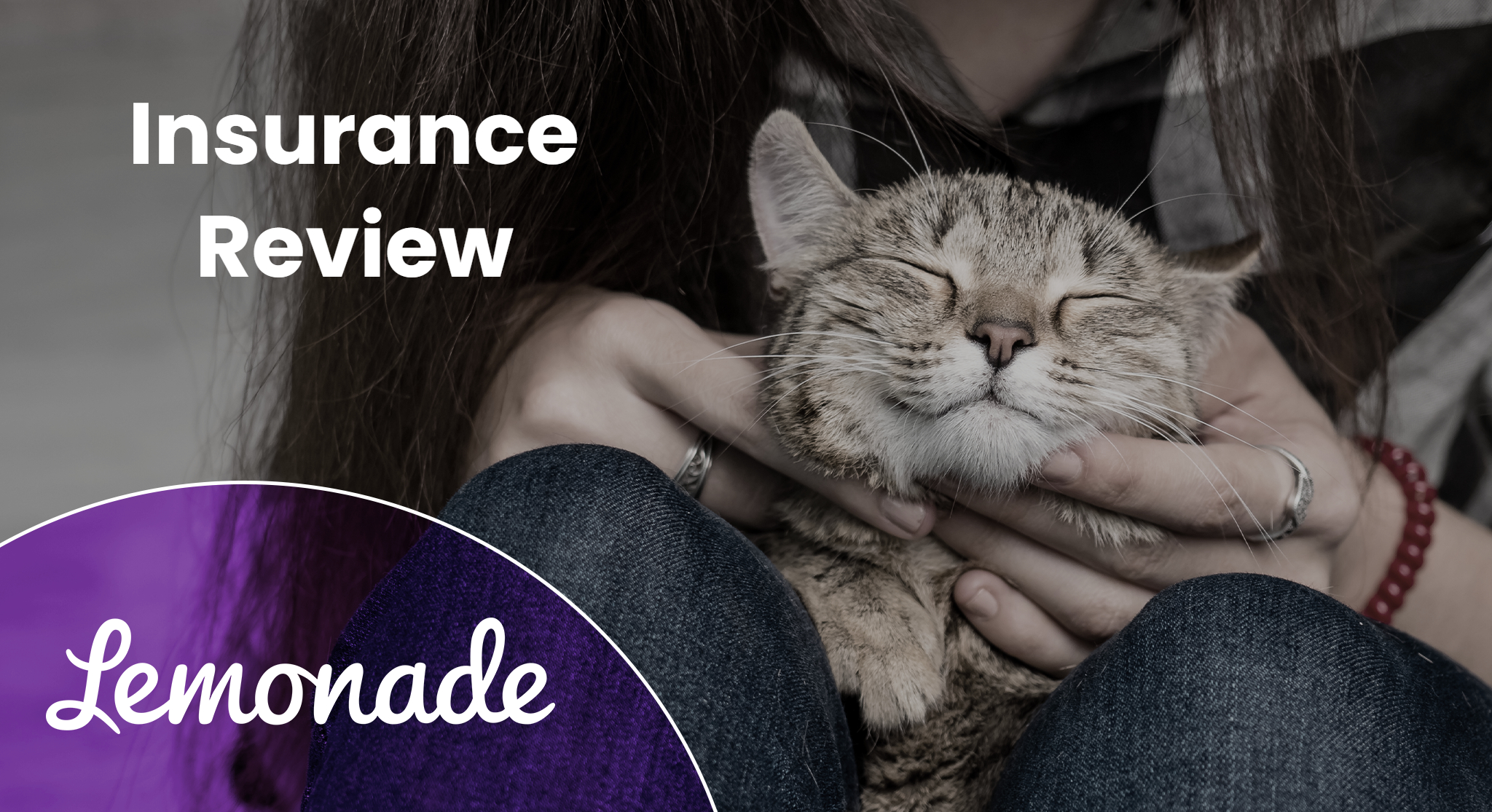Studies have shown that owning a cat can reduce stress levels and improve mental health, leading to a longer and happier life. But not all cats are created equal when it comes to lifespan. The American Shorthair, for example, is one of the longest-living cat breeds with a lifespan of 15 to 20 years. The American Shorthair cat is often referred to as the “working cat” because of its history as a rodent hunter on farms and ships. These cats are known for their easy-going personality and adaptability, which makes them great family pets. But what sets them apart from other cat breeds is their lifespan.
What’s the Average Lifespan of an American Shorthair?
On average, American Shorthair cats live for 15–20 years, which is longer than most other cat breeds. Some American Shorthair cats have been known to live well into their 20s. There are several factors that contribute to the longer lifespan of American Shorthairs. One of the main factors is their genetics.
Shorthairs are a relatively healthy breed and are not prone to many health issues that can shorten their lifespan. Additionally, their size and weight play a role in their longevity. American Shorthair cats are a medium-sized breed, which means they are not as prone to obesity and other weight-related health issues as some larger cat breeds.
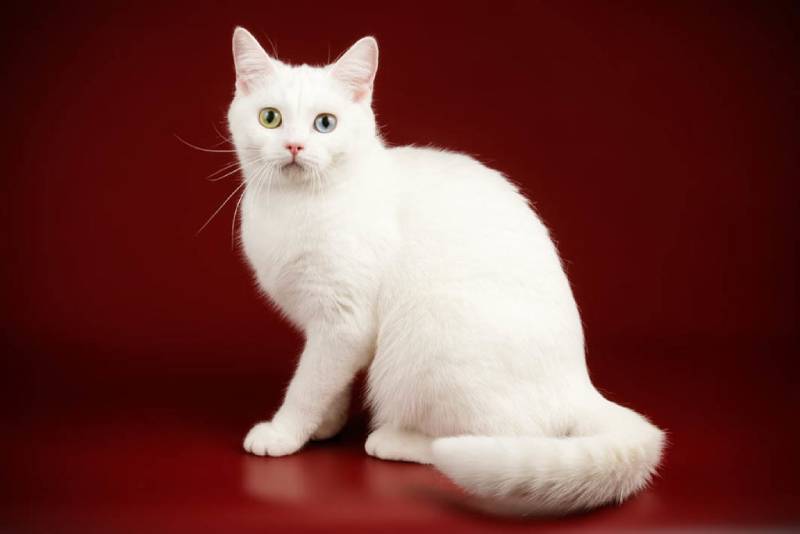
Why Do Some American Shorthairs Live Longer Than Others?
1. Nutrition
Nutrition plays a crucial role in the lifespan of a cat. A well-balanced diet can help prevent many health issues that can shorten a cat’s lifespan, such as obesity, diabetes, and kidney disease. American Shorthair cats require a diet that is high in protein and low in carbohydrates.
This is because they’re an active breed that needs protein to maintain their muscles and energy levels. This means choosing a high-quality cat food that contains the right balance of protein, fat, and carbohydrates – along with fresh water. You should also avoid feeding your cat table scraps or human food, as these can be high in fat and unhealthy for your cat.
2. Environment & Conditions
Shorthairs are adaptable and can thrive in a variety of living situations, but they do require certain things to be happy and healthy. One of the main things that American Shorthairs need is a clean and safe living environment. This means providing them with a comfortable and secure place to sleep, as well as plenty of toys and scratching posts to keep them entertained.
Additionally, it’s important to keep your cat’s litter box clean and free of waste, as this can lead to health issues if not properly maintained. Another important factor in your cat’s environment is their exposure to toxins and other harmful substances.
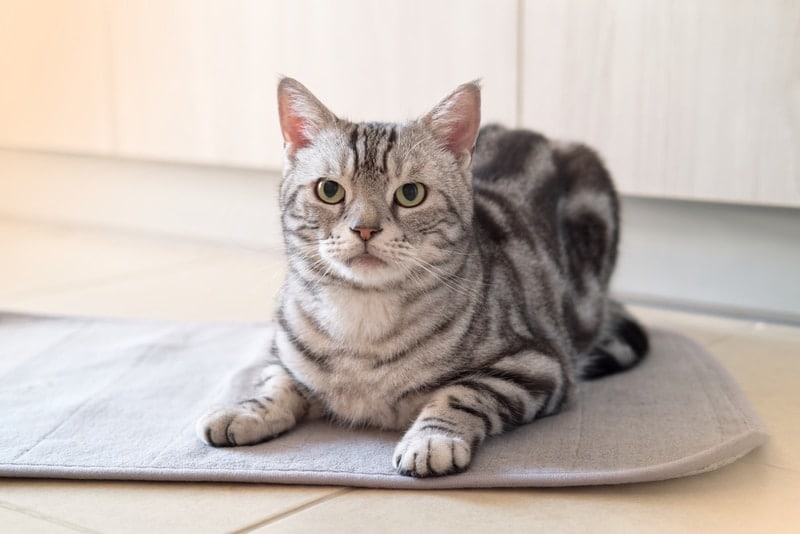
3. Enclosure Size/Living Quarters/Housing
The housing conditions of your American Shorthair cat can significantly impact their lifespan. A spacious and clean living area with proper ventilation, temperature control, and access to natural light can help prevent respiratory and skin diseases. On top of that, regular cleaning of litter boxes, food bowls, and bedding can prevent bacterial infections. Adequate space for exercise and playtime can also help reduce stress and anxiety in cats, ultimately leading to a longer lifespan.
4. Size
Size and weight can also have a significant impact on the lifespan of a cat. Obesity is a common health issue among cats and can lead to many health issues that can shorten their lifespan. Shorthairs are a medium-sized breed and aren’t as prone to obesity as some larger cat breeds.
In addition to obesity, being underweight can also be harmful to a cat’s health. Cats that are underweight may be more prone to certain health issues, such as infections and malnutrition, which can shorten their lifespan.
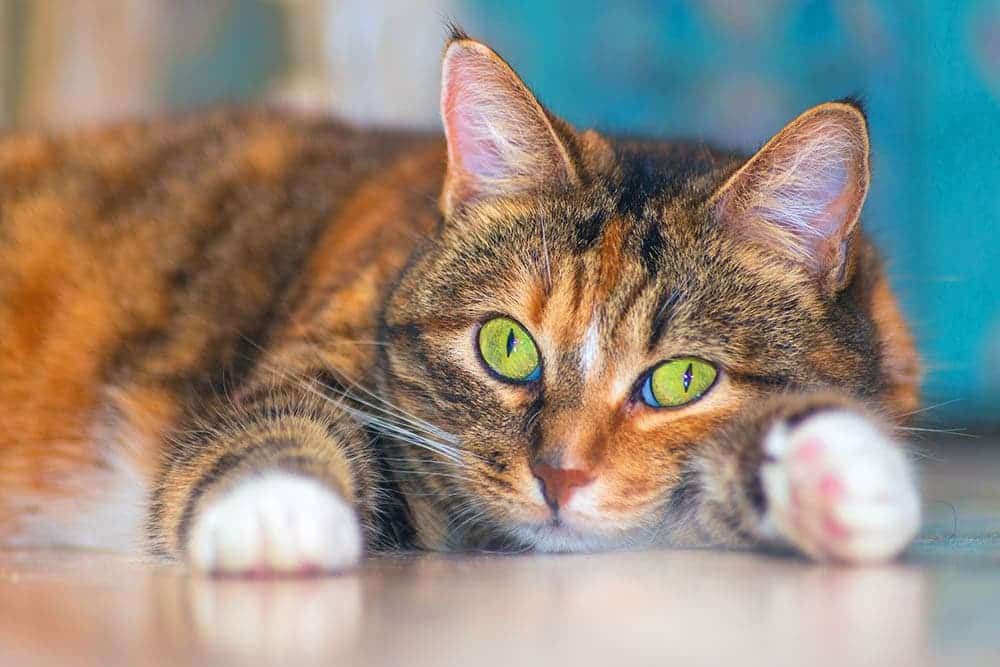
5. Sex
Sex can also play a role in the lifespan of a cat. In general, female cats tend to live longer than male cats. This is because female cats are less likely to develop certain health issues, such as urinary tract infections, that can shorten their lifespan.
Additionally, male cats are more prone to certain health issues, such as prostate problems and certain types of cancer, which can also shorten their lifespan.
6. Genes
Some cat breeds are more prone to certain health issues, such as heart disease and kidney disease, that can shorten their lifespan. But note that Shorthairs are a relatively healthy breed and are not prone to many health issues. However, it’s still important to provide your cat with regular veterinary care to catch any potential health issues early – especially if you didn’t get the cat from a breeder.
In addition to breed-specific health issues, genetics can also play a role in a cat’s susceptibility to certain illnesses and diseases. For example, some cats may be more prone to developing cancer or diabetes due to their genetic makeup.
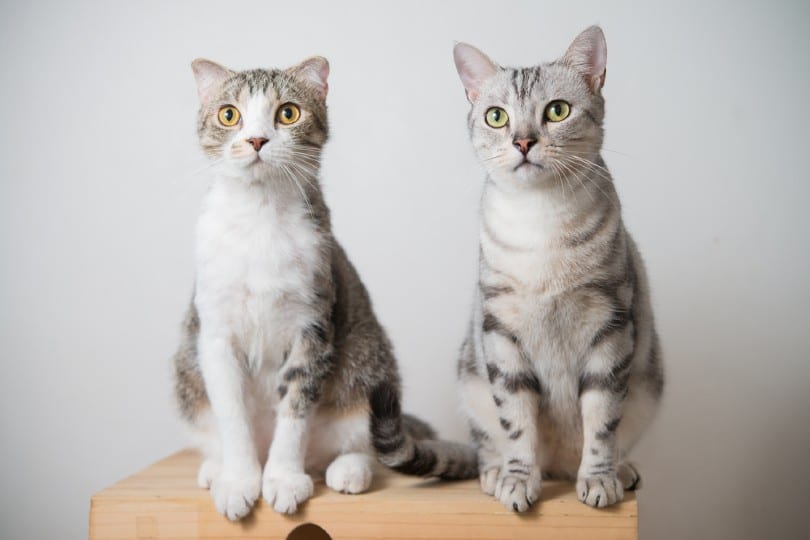
7. Breeding History
Cats that are bred for certain traits or characteristics may be more prone to certain health issues that can shorten their lifespan. American Shorthair cats are a relatively healthy breed and aren’t typically bred for any specific traits that can lead to health issues. That being stated, it’s important to research the breeder and ensure that your cat comes from a reputable source to reduce the risk of genetic health issues.
8. Healthcare
Proper healthcare is crucial to the lifespan of a cat. Why? Because regular veterinary care can help catch potential health issues early and prevent them from becoming more serious. American Shorthair cats are a relatively healthy breed and do not require as much veterinary care as some other cat breeds.
In addition to regular veterinary care, it’s important to provide your cat with proper dental care. Dental health issues can lead to many health issues, including heart disease and kidney disease, that can shorten your cat’s lifespan.
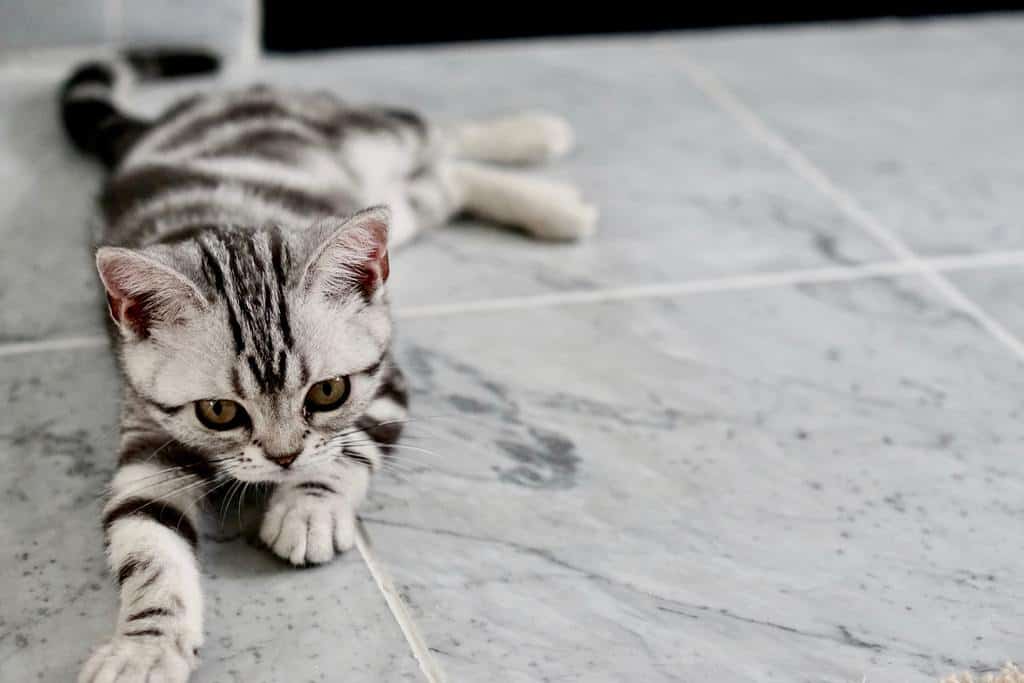
The 4 Life Stages of an American Shorthair
Kittenhood
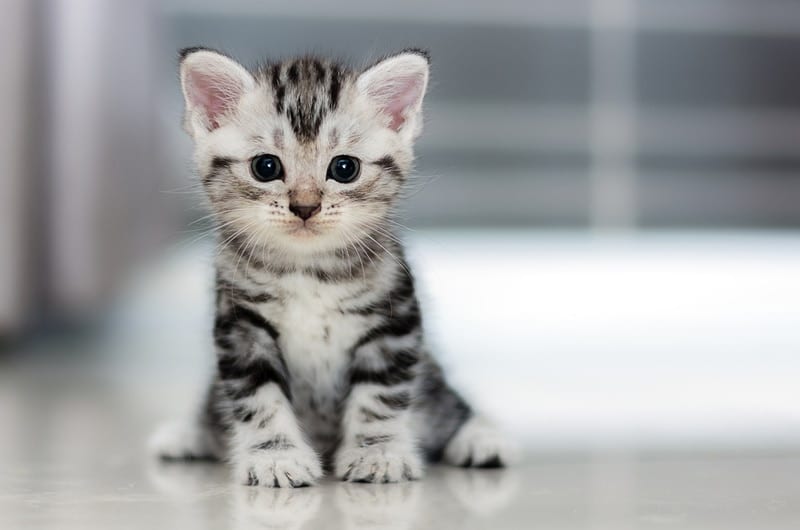
The first year of an American Shorthair cat’s life is filled with rapid growth and development. From birth to 6 months, kittens actually grow at an astonishing rate, both physically and mentally. During this time, they learn how to interact with their environment, develop social skills, and establish their personality. It’s essential to provide them with a safe and nurturing environment to ensure they grow into healthy and happy adult cats.
Adolescence
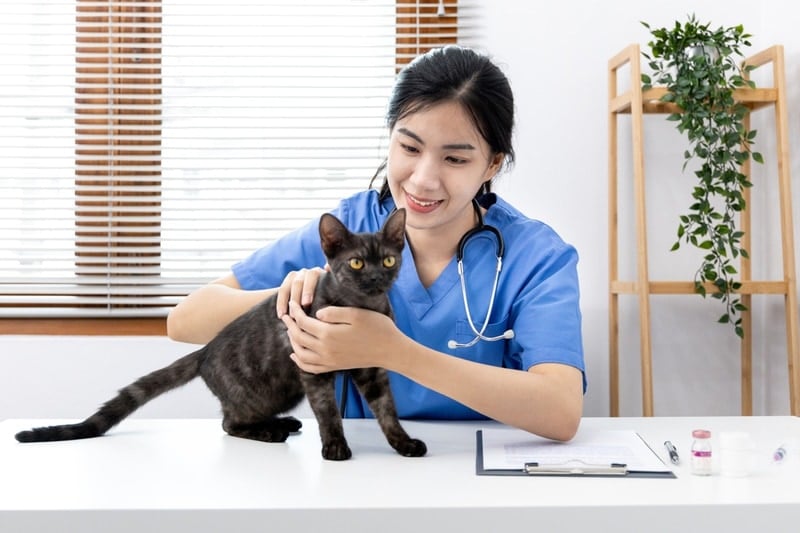
The teenage years of American Shorthair cats are filled with energy, curiosity, and exploration. This stage typically begins around 6 months and lasts until they reach their first birthday. During this time, they may become more independent and assertive as they establish their boundaries and personalities. During adolescence, American Shorthair cats may experience a growth spurt, so it’s crucial to monitor their diet and adjust accordingly.
Adulthood
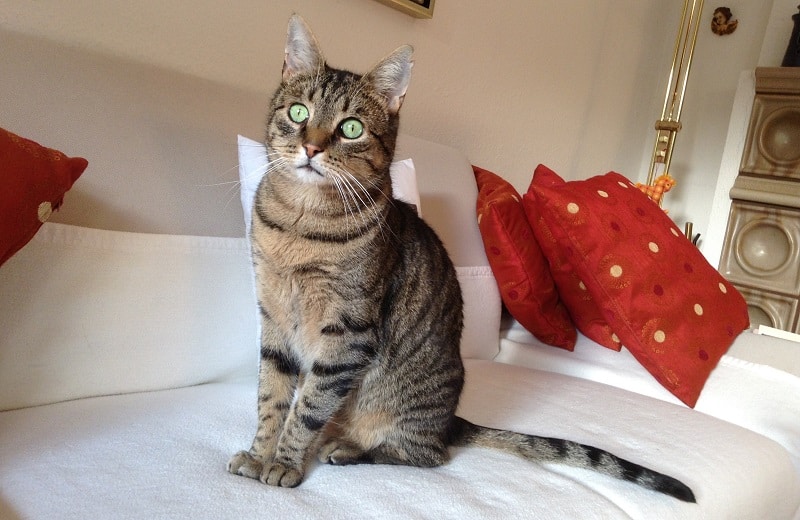
Adulthood is the prime of an American Shorthair cat’s life. This stage typically begins around 1 year of age and lasts until they reach their senior years. During this time, they become more settled and predictable in their behavior, making them a wonderful addition to any household. Socialization continues to be an essential aspect of adulthood. American Shorthair cats thrive on human interaction and can become depressed or anxious if left alone for extended periods. Providing them with plenty of attention, playtime, and affection can help prevent behavioral issues and keep them happy and healthy.
Senior Years
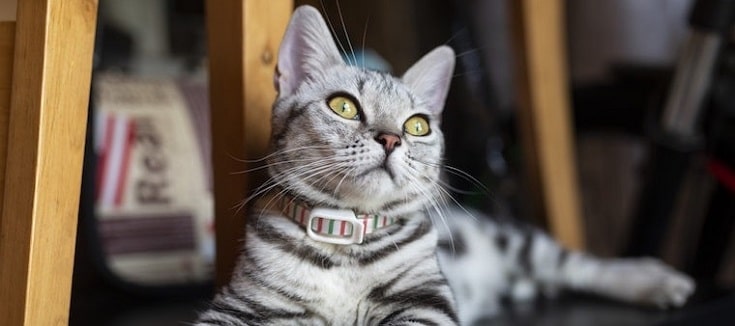
The senior years of an American Shorthair cat’s life typically begin around 7 years of age. During this time, they may experience changes in behavior, health, and activity level. Senior American Shorthair cats may experience a decline in mobility, vision, and hearing. Providing them with easy access to food, water, and litter boxes can help prevent accidents and discomfort.
How to Tell Your American Shorthair’s Age
One of the most reliable ways to determine the age of an American Shorthair cat is by looking at their teeth. Kittens have 26 teeth, while adult cats have 30 teeth. The teeth can also provide clues about the cat’s age. For instance, if the cat has clean and white teeth without any visible wear or tear, it’s likely a young cat. However, if the teeth are yellowed or show signs of wear and tear, such as chipping or missing teeth, then the cat is likely over 5 years old.
Another way to estimate the age of an American Shorthair cat is by looking at its eyes. Young cats have bright and clear eyes, while older cats may have cloudy or hazy eyes due to age-related changes such as cataracts. If you still can’t figure out your cat’s age, your vet can give you an estimate based on your cat’s teeth, size, and development.
Conclusion
In short, an American Shorthair cat generally has a longer and healthier life than other cat breeds. By providing your cat with a healthy diet, clean living environment, and proper veterinary care, you can help ensure they thrive and live a long life. So, if you’re considering owning one of these easy going cats, you won’t be disappointed.
Featured Image Credit: ANURAK PONGPATIMET, Shutterstock
Contents
- What’s the Average Lifespan of an American Shorthair?
- Why Do Some American Shorthairs Live Longer Than Others?
- 1. Nutrition
- 2. Environment & Conditions
- 3. Enclosure Size/Living Quarters/Housing
- 4. Size
- 5. Sex
- 6. Genes
- 7. Breeding History
- 8. Healthcare
- The 4 Life Stages of an American Shorthair
- How to Tell Your American Shorthair’s Age
- Conclusion

